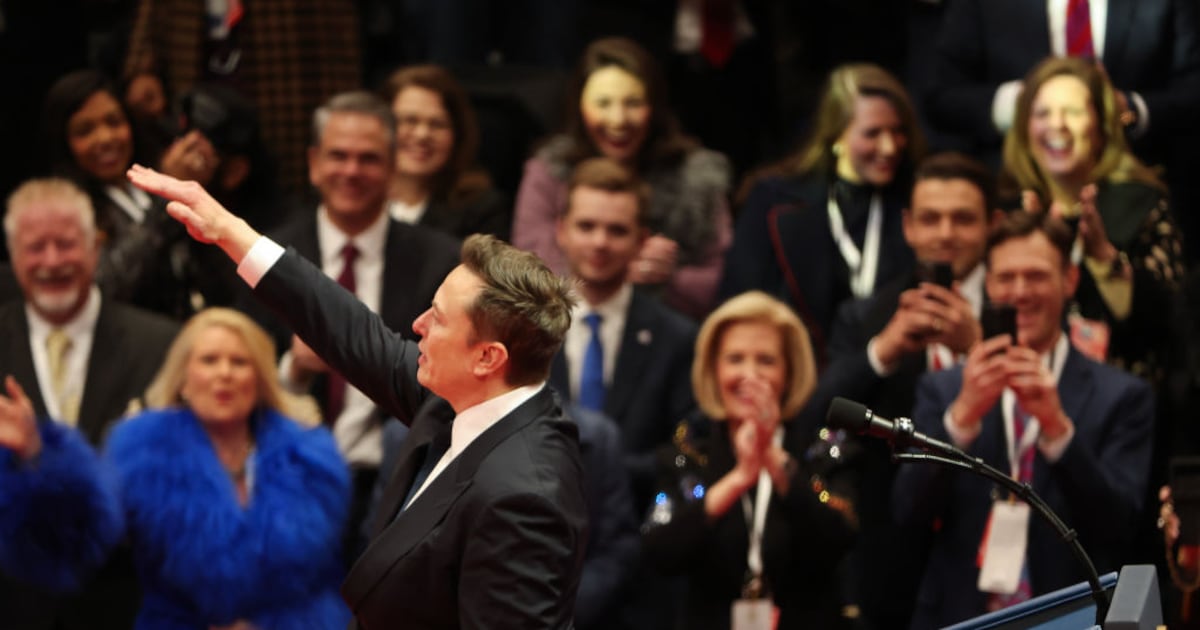The oil spreading across the Gulf is a test, pure and simple. Think of its twisted outline as a Rorschach blot for a society—maybe a civilization. Will we respond in ways deep enough to matter, or will it be water off our back?
Forty-one years ago, much the same pictures of oil-soaked beaches and dying sea-birds galvanized the nation. Those shots, from a smaller spill off California’s Santa Barbara Coast, became the iconic images of the first Earth Day in 1970. The nation turned decisively green: within five years we had the Clean Air Act, the Clean Water Act, the Endangered Species Act.
Click Image Below to View Photos of the Oil Spill

But then that environmental fervor faded, and we returned to business as usual—mostly, the business of burning ever more fossil fuel. Indeed, we got so far back to normal that in late March President Obama decided to “drill baby drill,” lifting a moratorium on coastal drilling that had its roots in that first spill. Given our energy needs, he said, “We’re going to need to harness traditional sources of fuel.” (But, he added helpfully, he was acquiring 5,000 hybrid cars for the federal fleet!)
Even that capitulation to the oil industry was not enough for the GOP. Thanks, said House Minority Leader John Boehner, but let’s go farther still: “Keeping the Pacific Coast and Alaska, as well as the most promising resources of the Gulf of Mexico, under lock and key makes no sense at a time when gasoline prices are rising.”
So now we’ve got another chance—not just to come to terms with offshore drilling, but far more importantly to come to terms with fossil fuel itself.
• Kate Sheppard: Why Obama Must Rethink Offshore DrillingDirty as the water is off the Mississippi Delta, that’s barely the tip of the damage from fossil fuel. If that oil had traveled down a pipeline to a refinery and then into the fuel tank of a car, it would have wrecked the planet just as powerfully. We now realize, as we didn’t on the first Earth Day, that the slick of carbon dioxide spreading invisibly across the atmosphere is driving change on a massive scale: by raising the planet’s temperature, it’s melting everything frozen, raising the level of the ocean, powering ever stronger storms. In the Gulf, and in every other ocean on the planet, that extra carbon is turning seawater acid. You can’t see it, but it’s wrecking marine life far more effectively and insidiously even than the spreading oil.
And there’s no way to prevent global warming with better valves. The only way is by ending our addiction to fossil fuel with great speed. Our leaders have shown themselves incapable so far of that kind of action. The scrawny climate bill that the Senate may take up later this summer barely nudges the oil industry—as Republican Senator Lindsay Graham explained earlier this week, the big companies wrote the bill themselves. “They pay a fee, it's their idea this fee,” he said. “Many years” from now it might reach—get ready for it—“15 cents a gallon.”
Forty years ago people passed the test of the Santa Barbara oil spill with flying colors. They built a movement, and that movement made real change. We can build it again—at 350.org, the first global grassroots climate campaign, we’ve organized rallies and demonstrations in 181 countries in the last year. But as the failure at Copenhagen’s climate summit made clear last December, our civilization is not yet serious about kicking fossil fuel. Until we do, mine disasters, oil slicks, and the incomparably worse damage from global warming will prove where our priorities lie.
Bill McKibben is the author of Eaarth and more than a dozen books, including The End of Nature, Enough: Staying Human in an Engineered Age, and Deep Economy. He is the founder of the environmental organizations Step It Up and 350.org, a global-warming awareness campaign that in October 2009 coordinated what CNN called "the most widespread day of political action in the planet's history."






